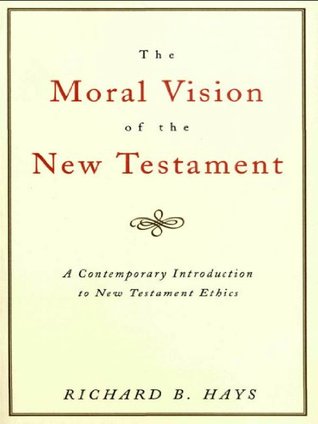By reducing the urgency of Jesus’ expectation of the end and by pushing the day of judgment into an indefinite future, Luke in effect creates an infinitely expanding historical “middle” in which the role of the church is paramount. As Joseph Fitzmyer puts it, Luke has sought “to shift Christian attention from an exclusive focus on imminence to a realization that the present Period of the Church also has place in God’s salvation history.”37 This making room for the church in history is one of Luke’s most important contributions to New Testament theology and ethics.
Welcome back. Just a moment while we sign you in to your Goodreads account.


